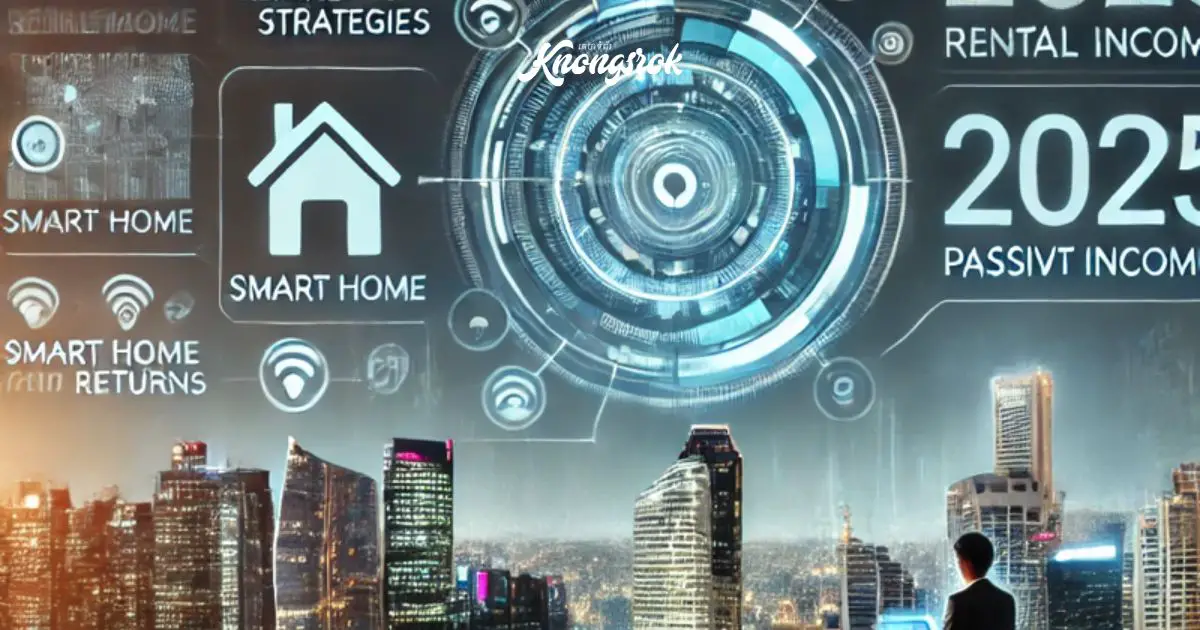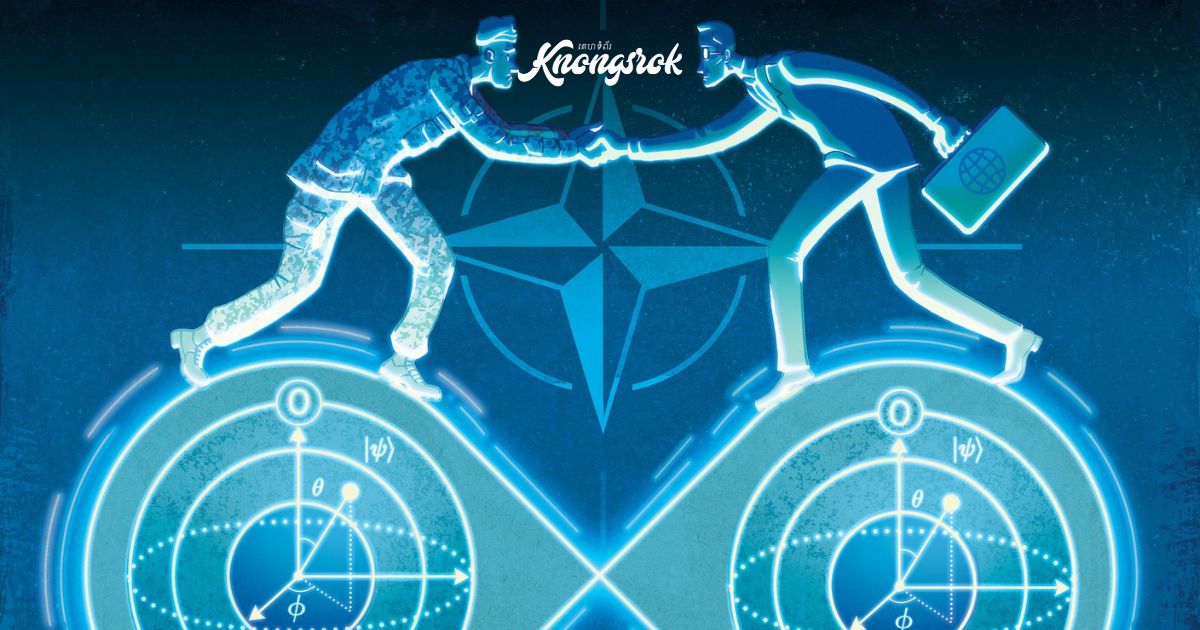Indifference is a sign that they do not love us.!!!
Indifference in Relationships: A Sign of a Lack of Love?
When we think about love, we often associate it with passion, care, and attention. However, what happens when these emotions seem to fade and are replaced by something colder—indifference? Many people wonder if indifference is a sign that their partner no longer loves them. Let’s explore this delicate subject to understand whether indifference signals the end of love, or if there are deeper dynamics at play.
What is Indifference?
Indifference, in the context of a relationship, is an emotional state where one partner shows a lack of concern, interest, or enthusiasm. Unlike anger, sadness, or joy, indifference is marked by emotional detachment. This can manifest in various ways: neglecting to spend quality time together, showing little interest in the partner’s feelings, or becoming unresponsive to emotional needs.
It’s essential to note that indifference is different from conflict. In a conflict, emotions are heightened—there is still passion, care, and a desire for resolution. With indifference, however, there is a noticeable absence of these emotions, which can feel deeply unsettling.
Is Indifference a Sign of a Lack of Love?
Indifference can certainly be interpreted as a sign of a waning emotional connection. When someone is indifferent, it can indicate that they are no longer invested in the relationship or their partner’s well-being. The absence of emotional engagement often points to an underlying disconnect, which may suggest that love has faded.
However, it’s crucial not to jump to conclusions. Indifference does not always mean a lack of love—it could be a response to deeper, unresolved issues within the relationship.
Reasons Behind Indifference
Before assuming that indifference equals a lack of love, consider some potential reasons why a partner might appear emotionally detached:
1. Emotional Exhaustion: Sometimes, people withdraw emotionally because they feel overwhelmed by the stresses of life—work pressures, personal struggles, or unresolved conflicts in the relationship. They may retreat into indifference as a coping mechanism.
2. Fear of Vulnerability: Some individuals distance themselves emotionally because they fear getting hurt. For them, indifference may be a defense mechanism to protect themselves from feeling vulnerable.
3. Communication Breakdown: Indifference can be the result of poor communication. If one partner feels their emotional needs are not being met or that their concerns are ignored, they may shut down emotionally, leading to a cycle of disengagement.
4. Taking the Relationship for Granted: Over time, some partners may become complacent, assuming the relationship will endure without the need for active effort. This may lead to a perceived indifference, when in reality, the love still exists but is no longer being expressed.
When Indifference is a Red Flag
While some causes of indifference may be temporary or fixable, there are instances where it signals a more significant problem. If one partner consistently shows no interest in the relationship, avoids emotional intimacy, or refuses to address underlying issues, it may be a sign that they are no longer emotionally invested. In these cases, indifference can point to a lack of love or commitment to the future of the relationship.
Addressing Indifference in a Relationship
If you feel that indifference is creeping into your relationship, the first step is to initiate open and honest communication. Express how you feel about the emotional distance and give your partner an opportunity to share their perspective. Understanding the root cause of their behavior can help determine whether the indifference is a sign of deeper issues or simply a phase that can be worked through.
When to Seek Help
In some cases, professional help may be necessary. Couples therapy can provide a neutral space to explore underlying problems and facilitate healthier communication. It can also help both partners understand their emotional needs and learn how to re-engage with one another.
Conclusion
Indifference can be a sign of emotional disengagement, but it doesn’t always mean a lack of love. It’s essential to explore the reasons behind a partner’s behavior before making conclusions about their feelings. With effort, understanding, and communication, it’s possible to address indifference and rekindle the emotional connection. However, if love has truly faded, it’s equally important to acknowledge that and decide how to move forward.
Let me know if you’d like to adjust any part of it!














